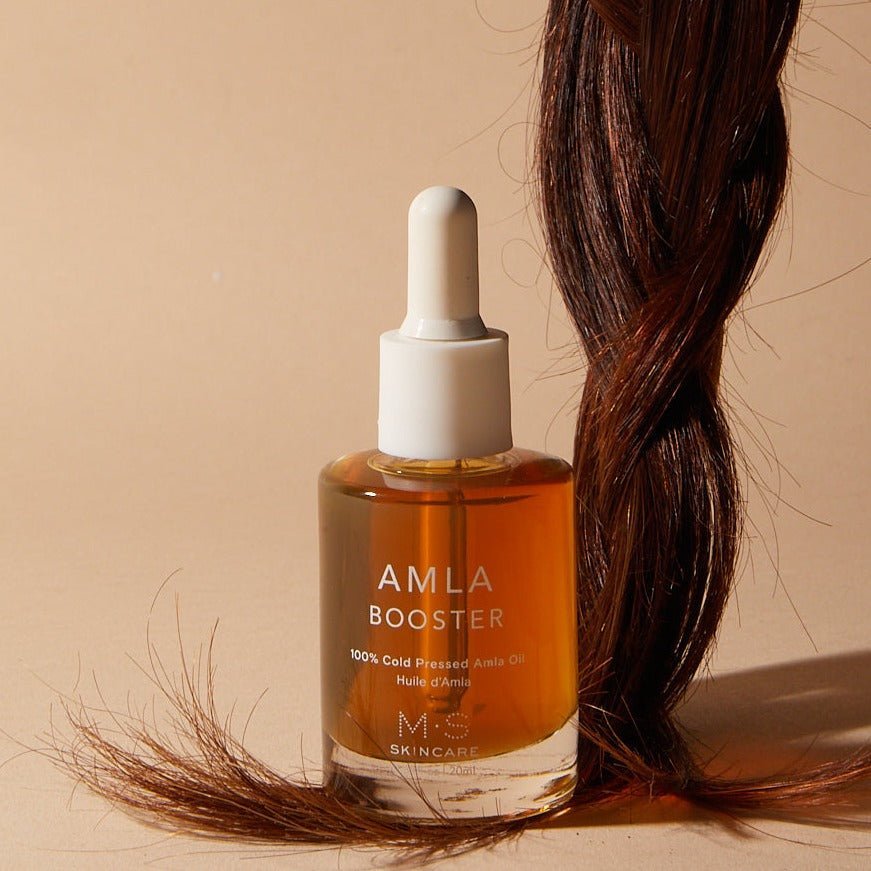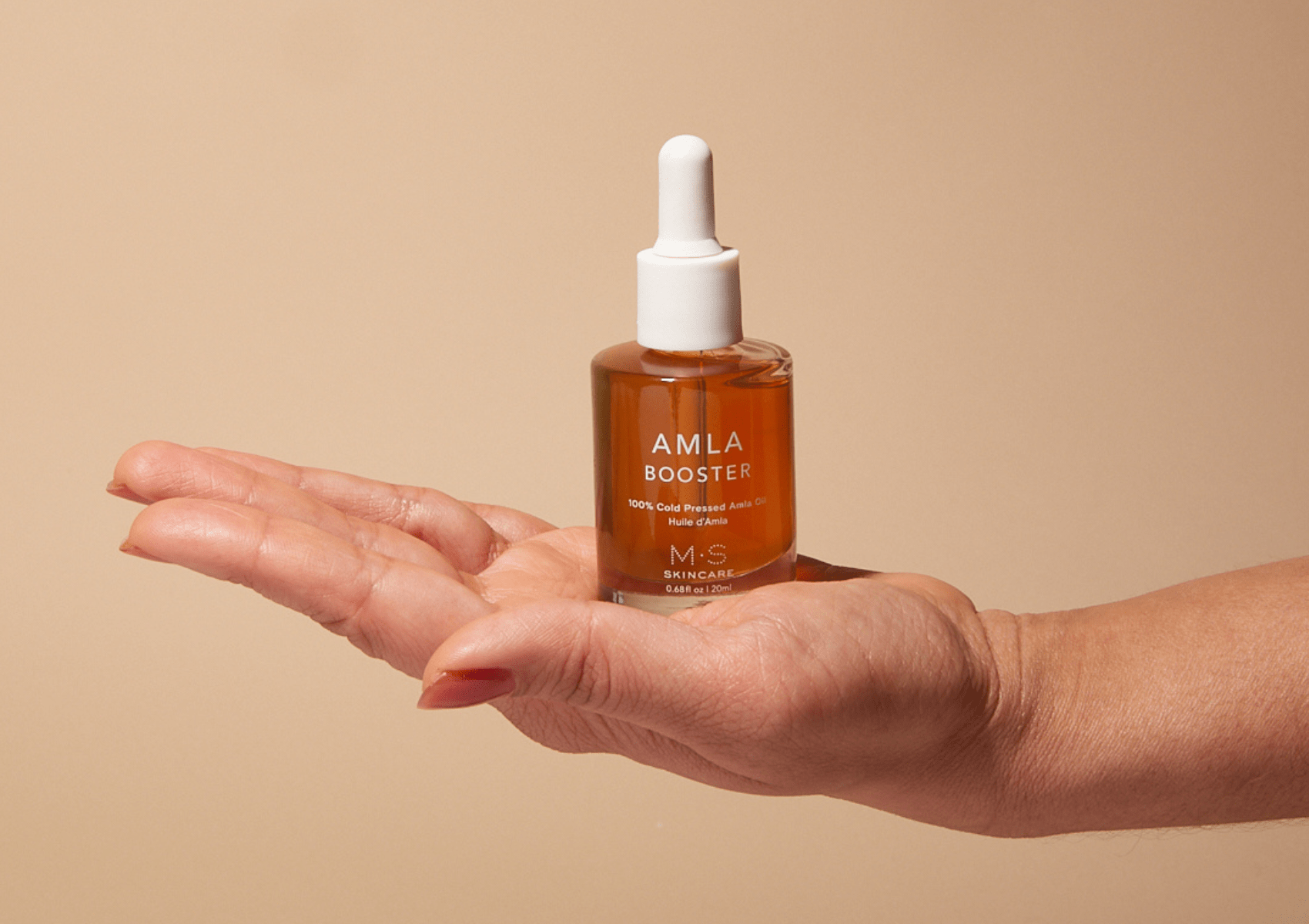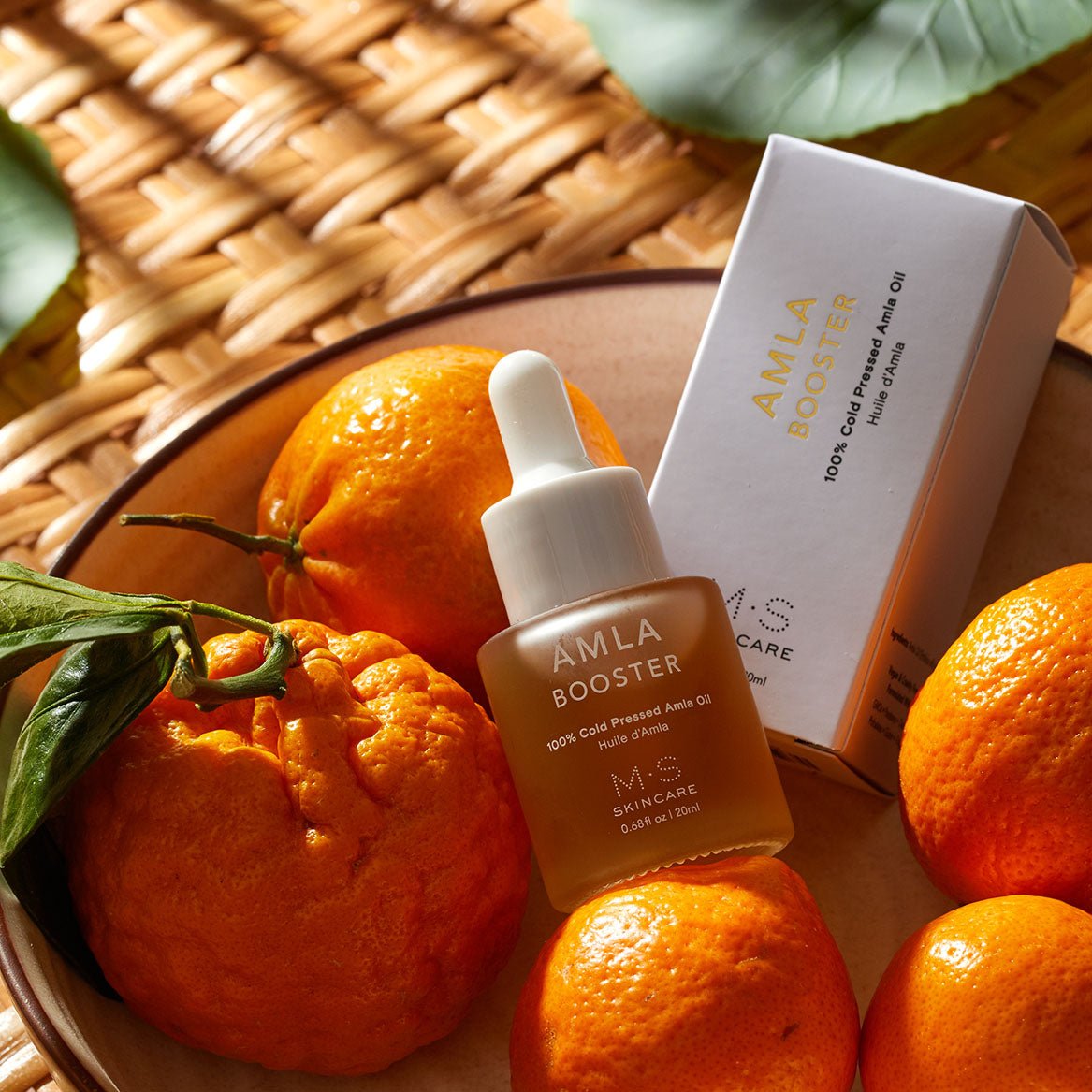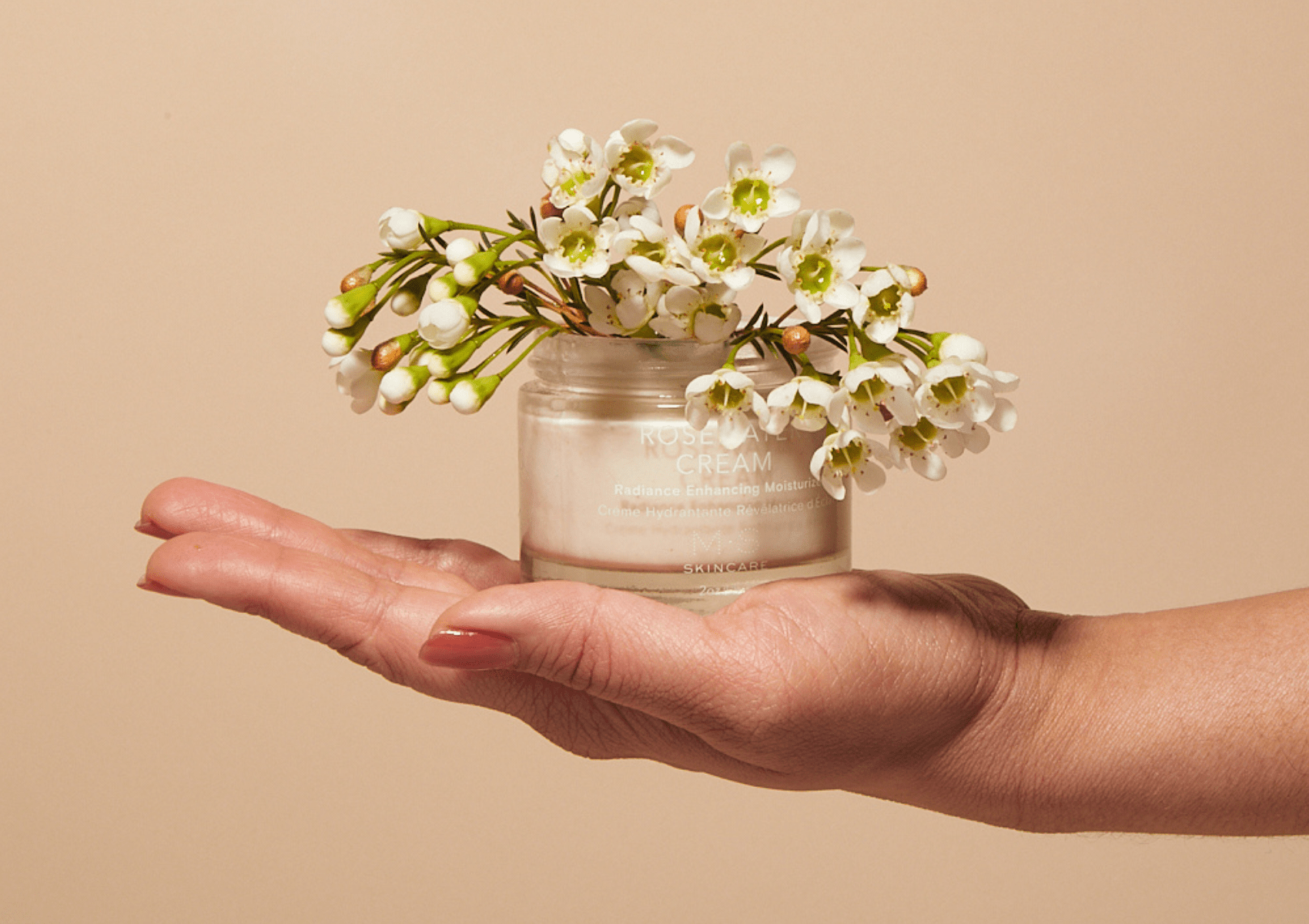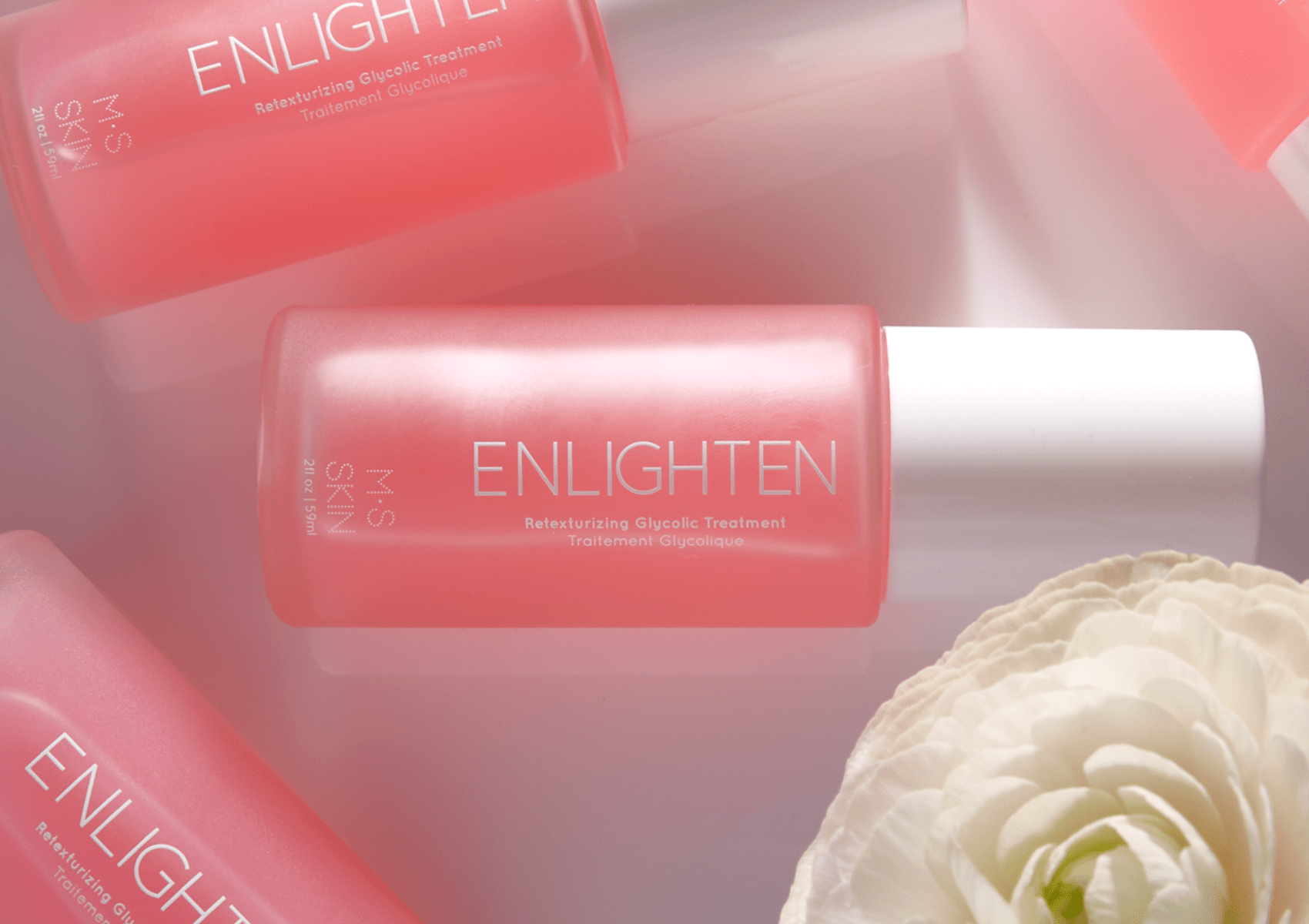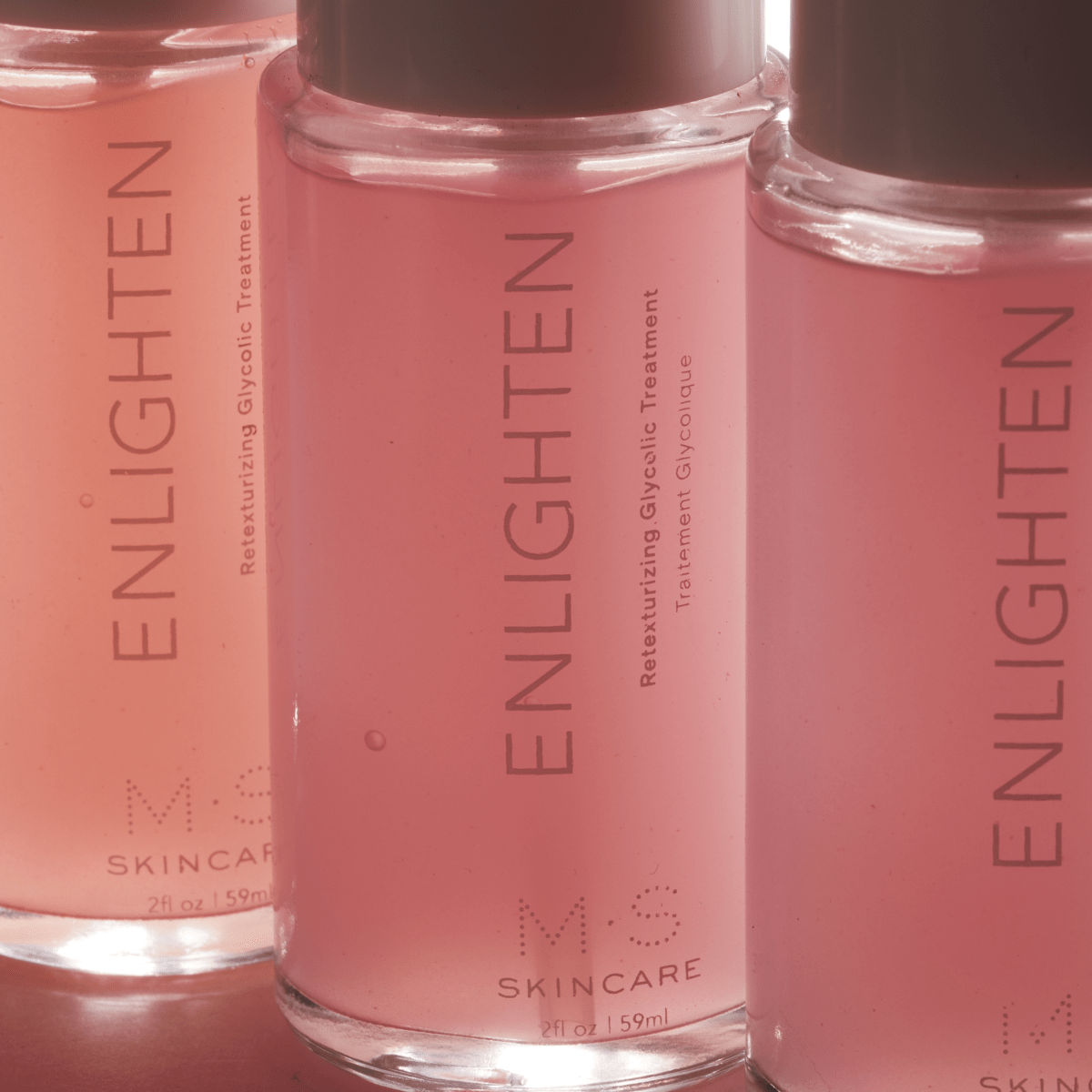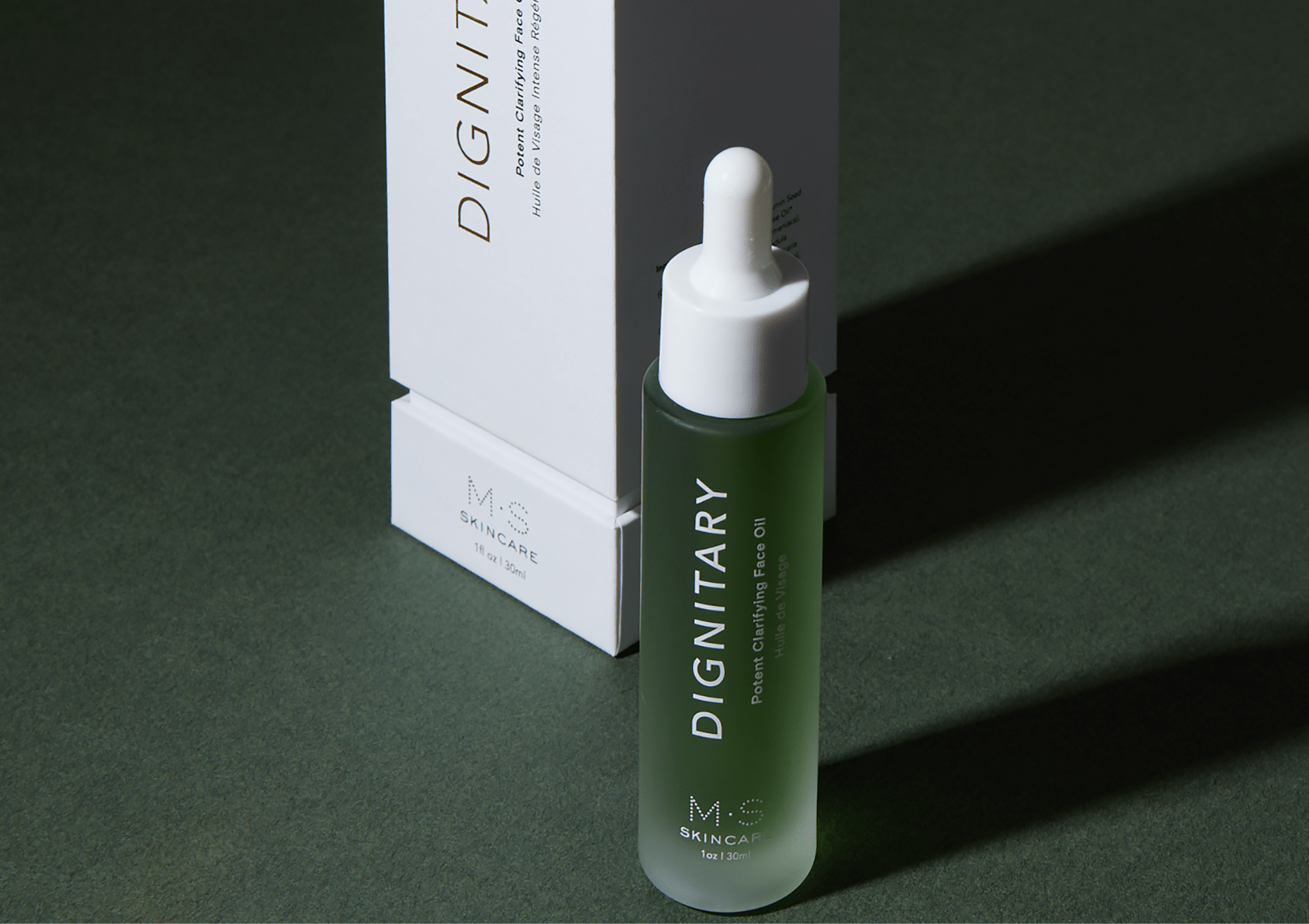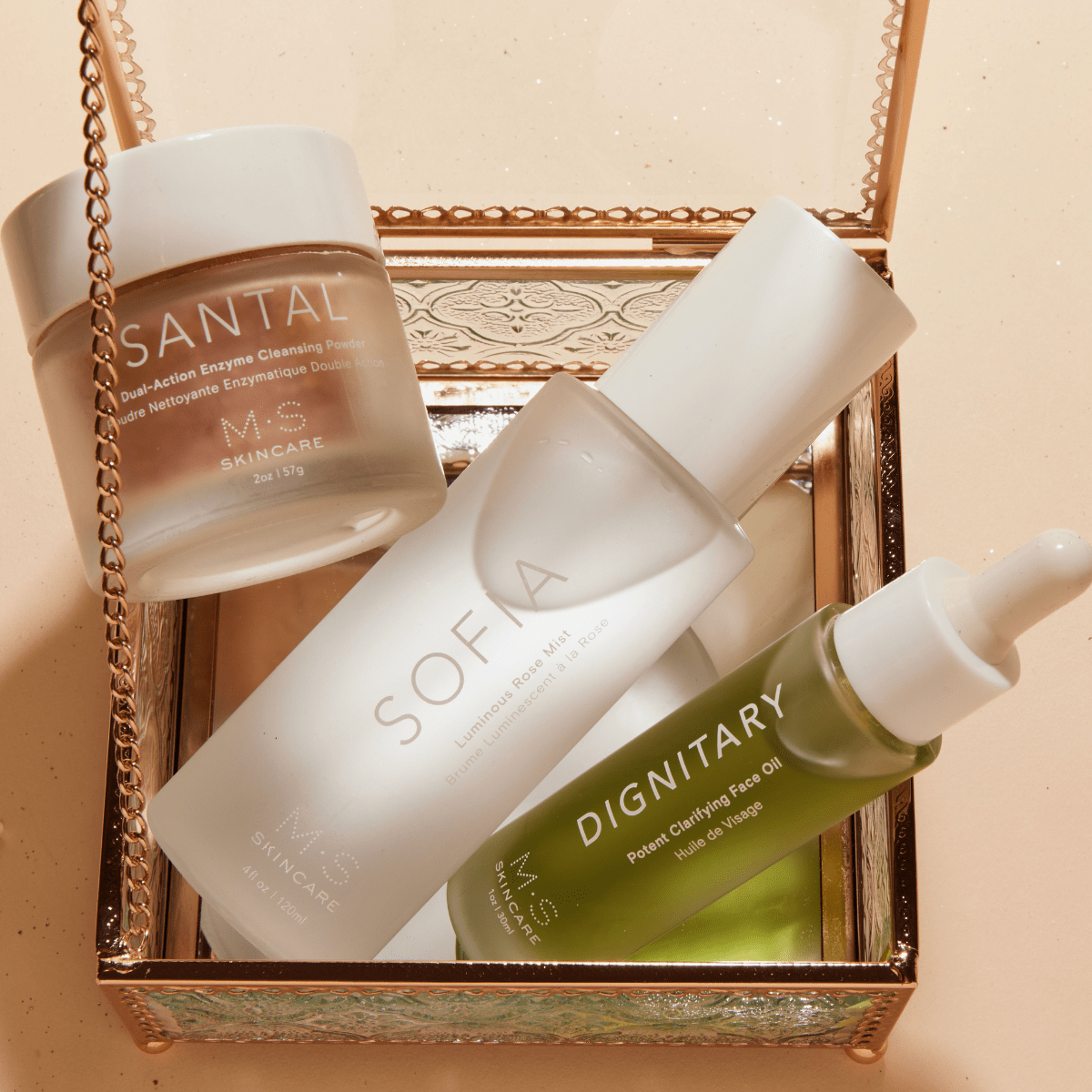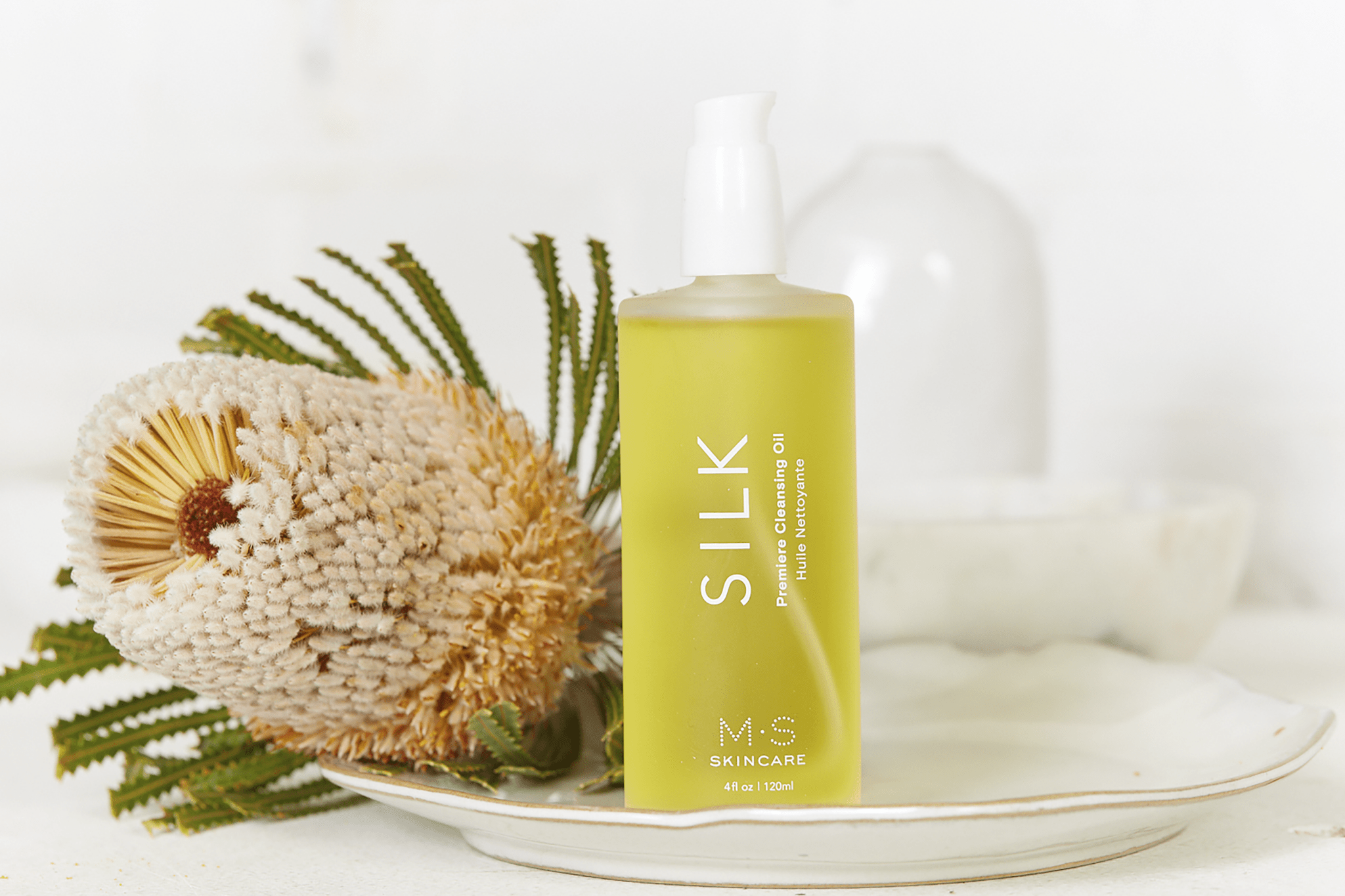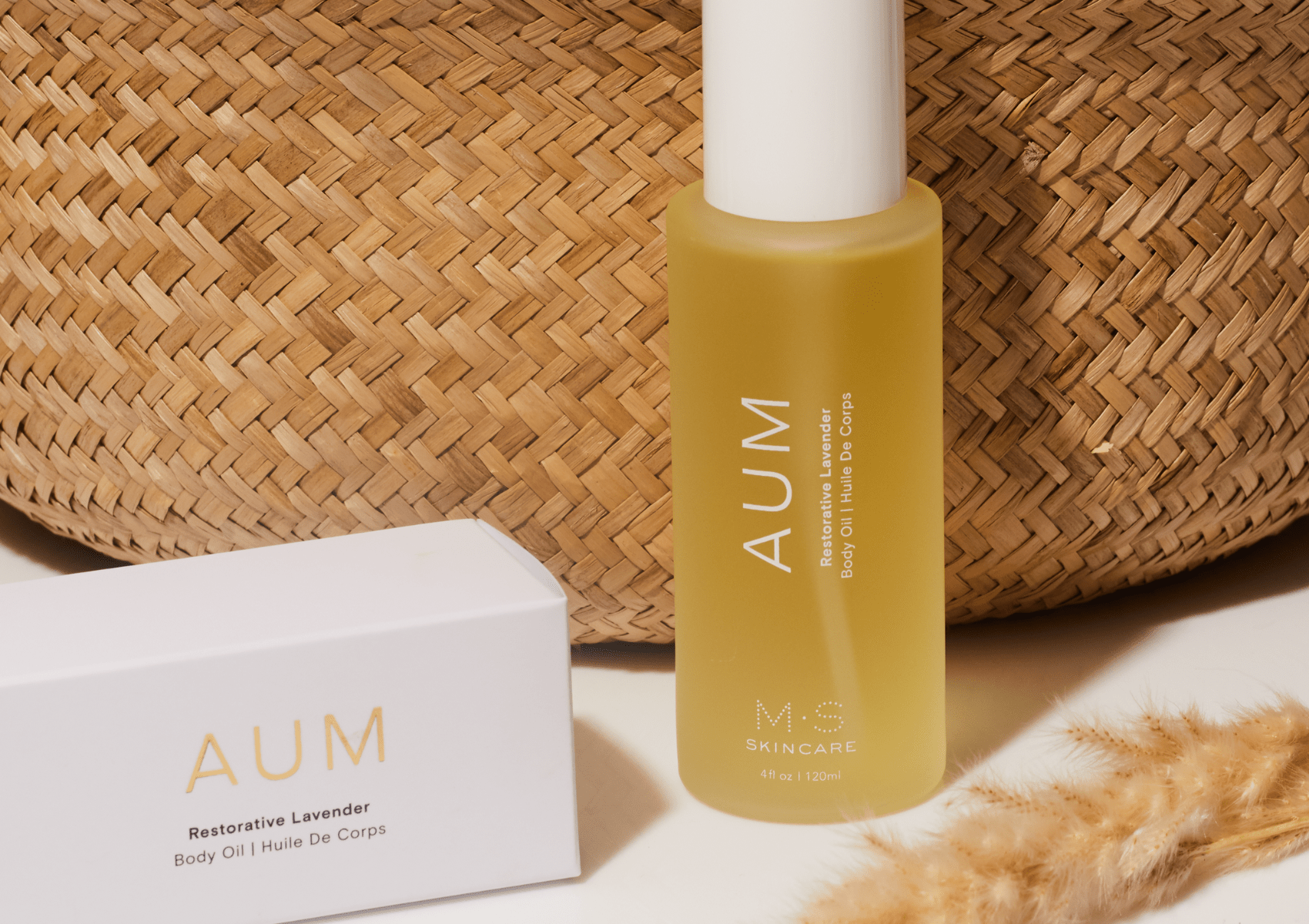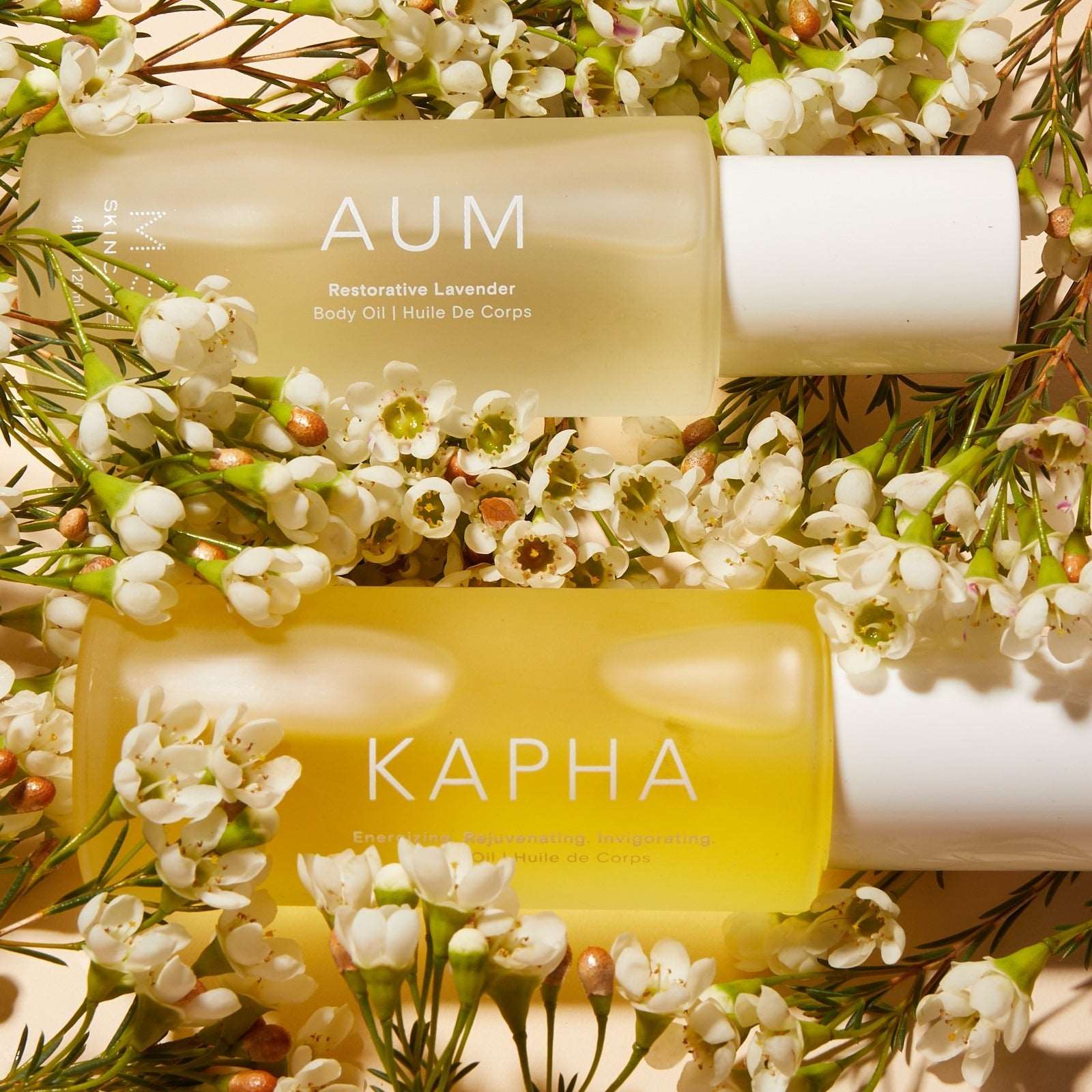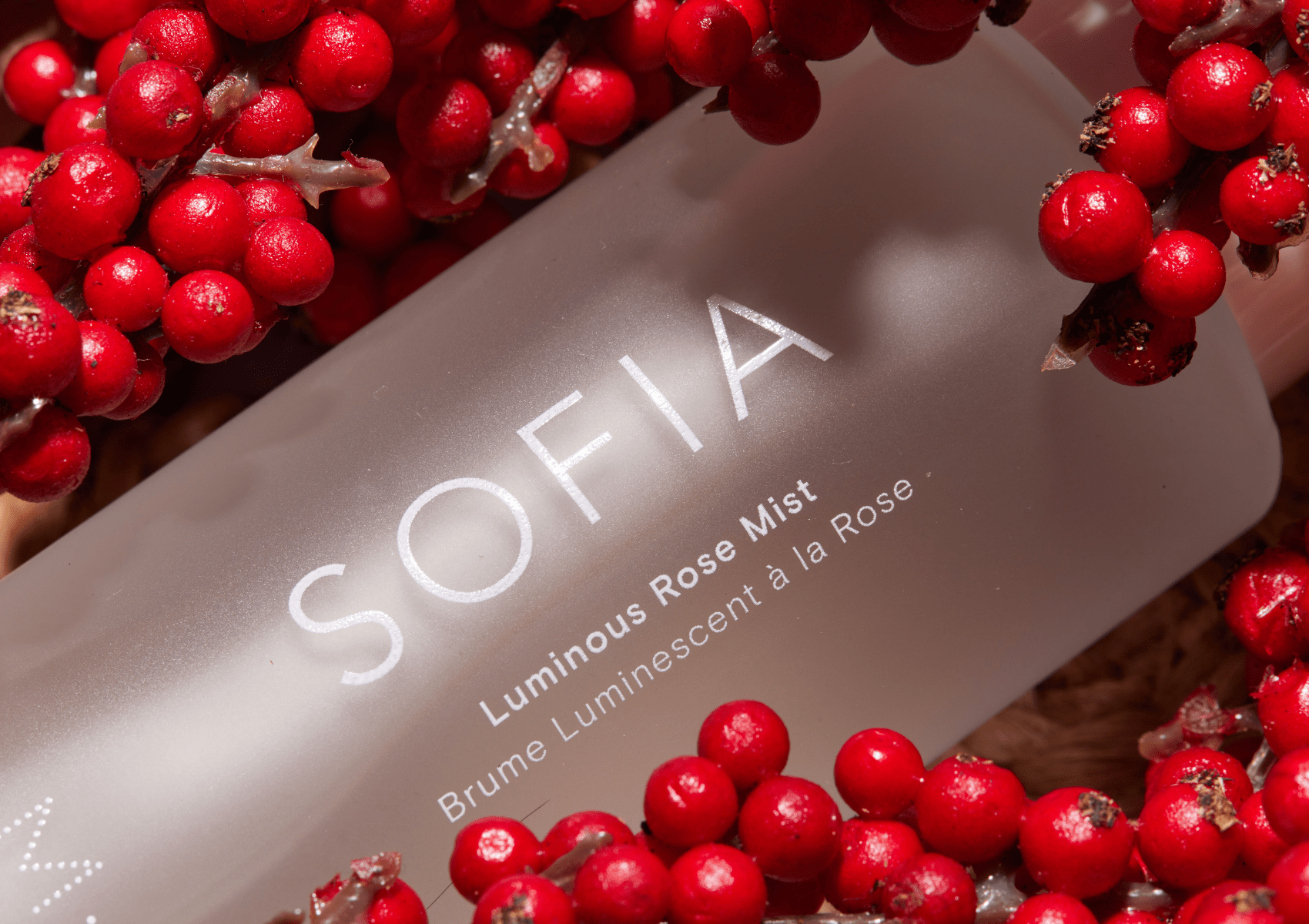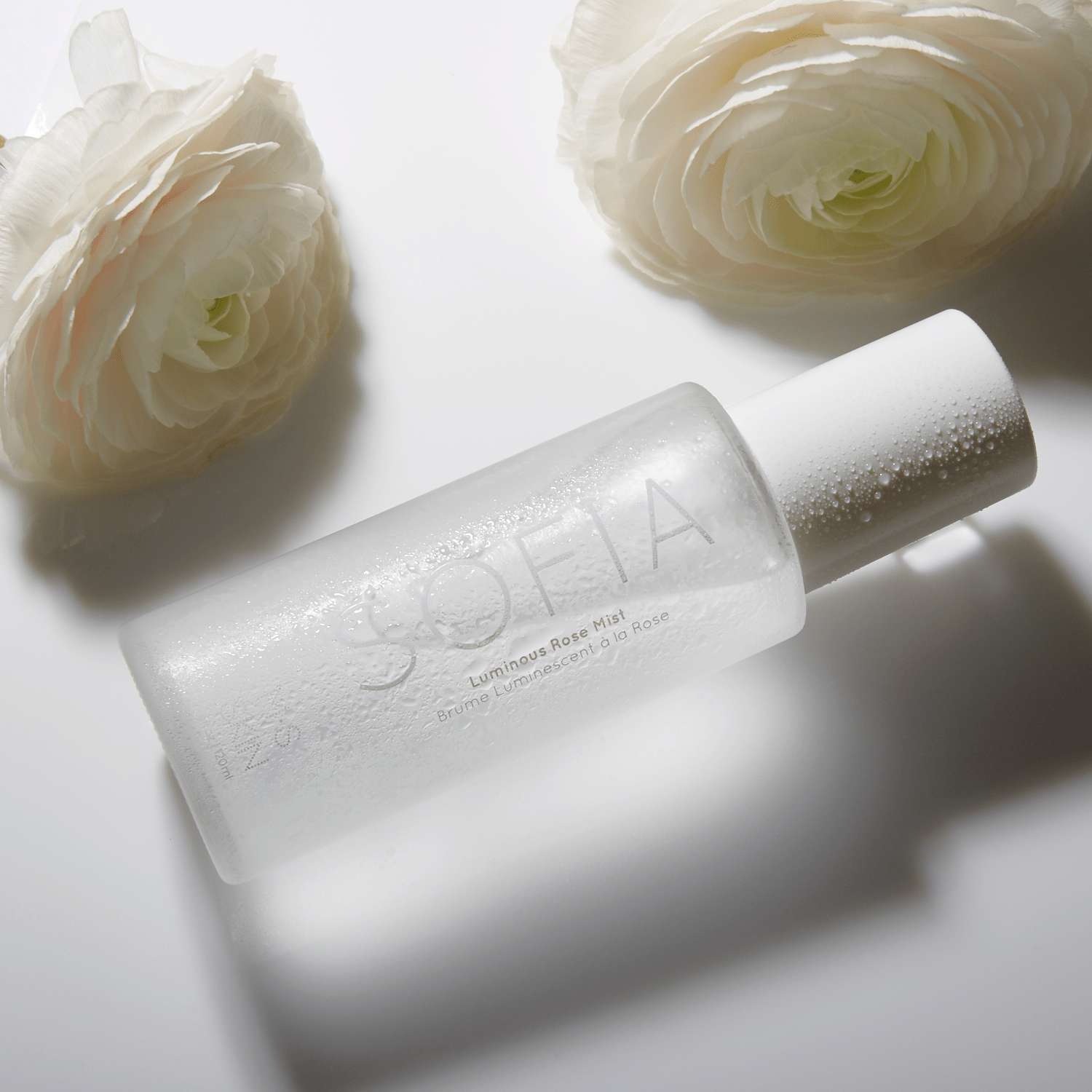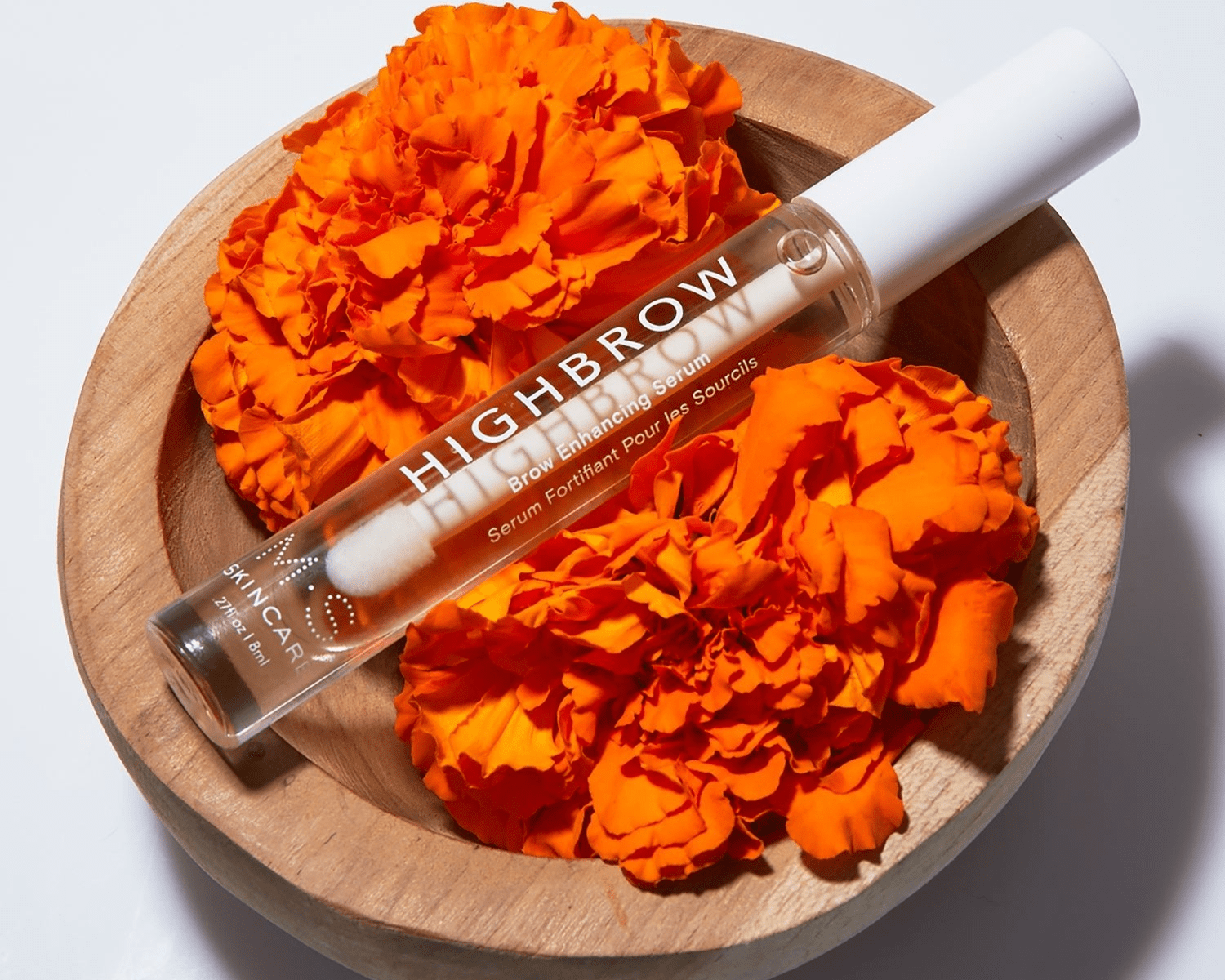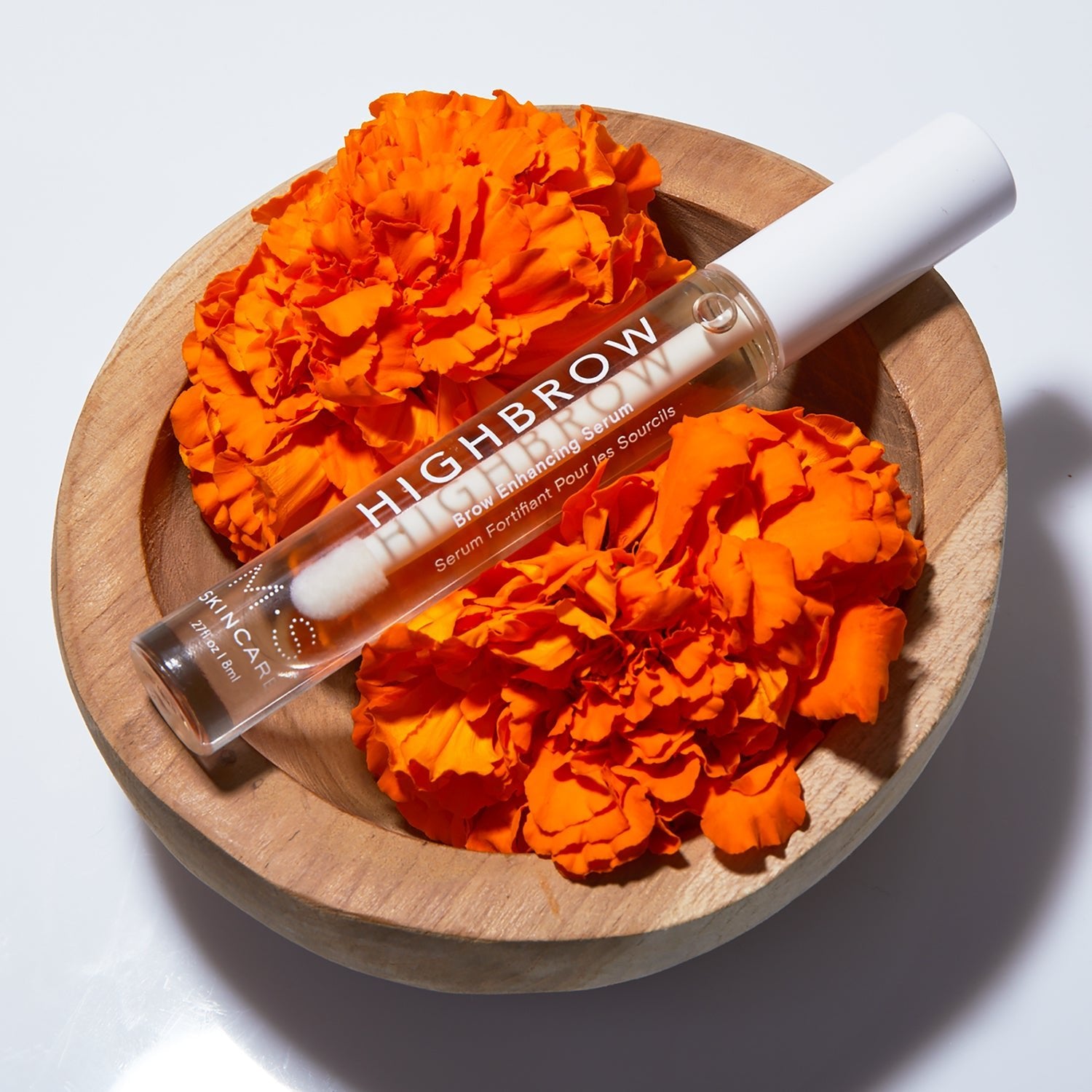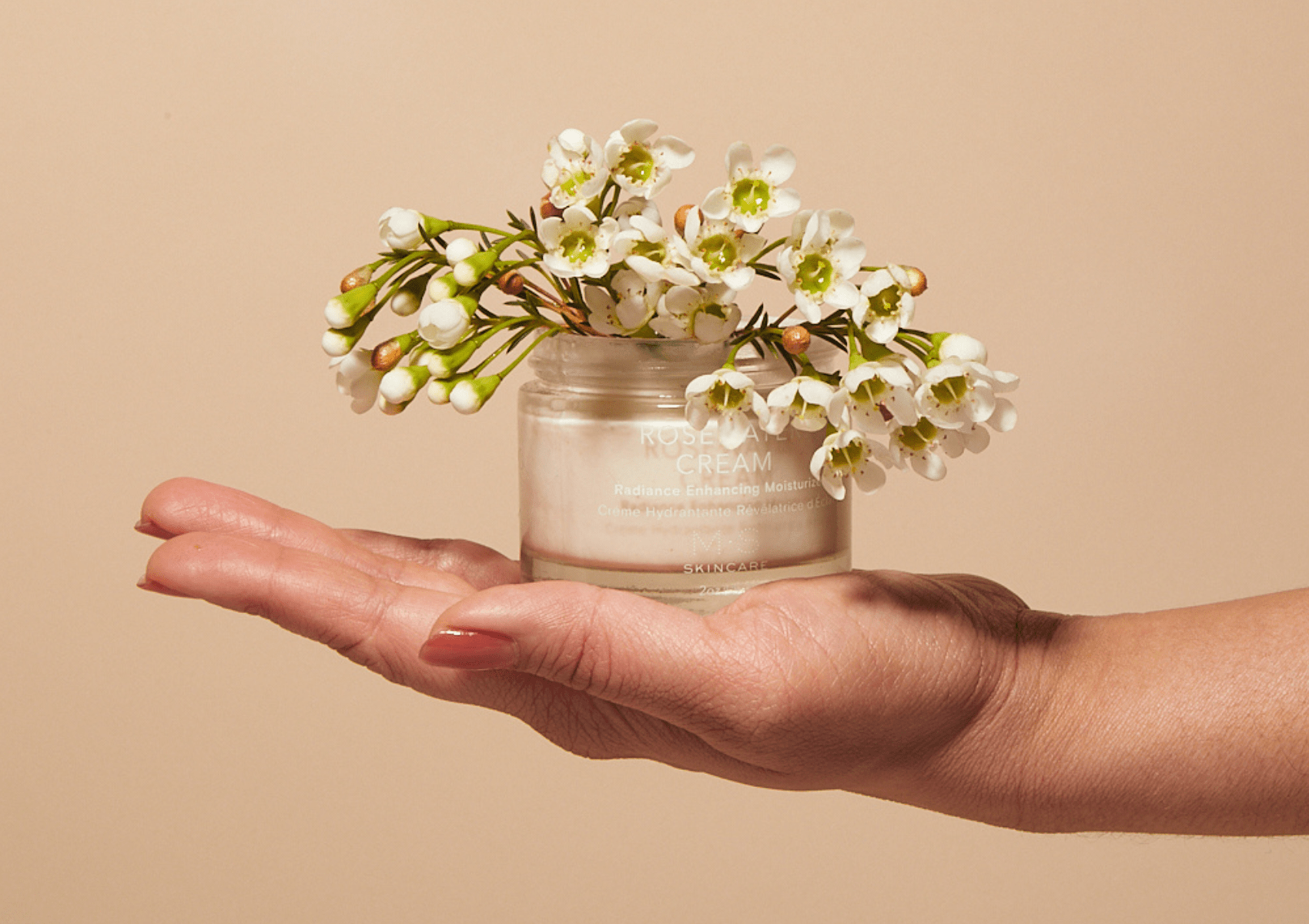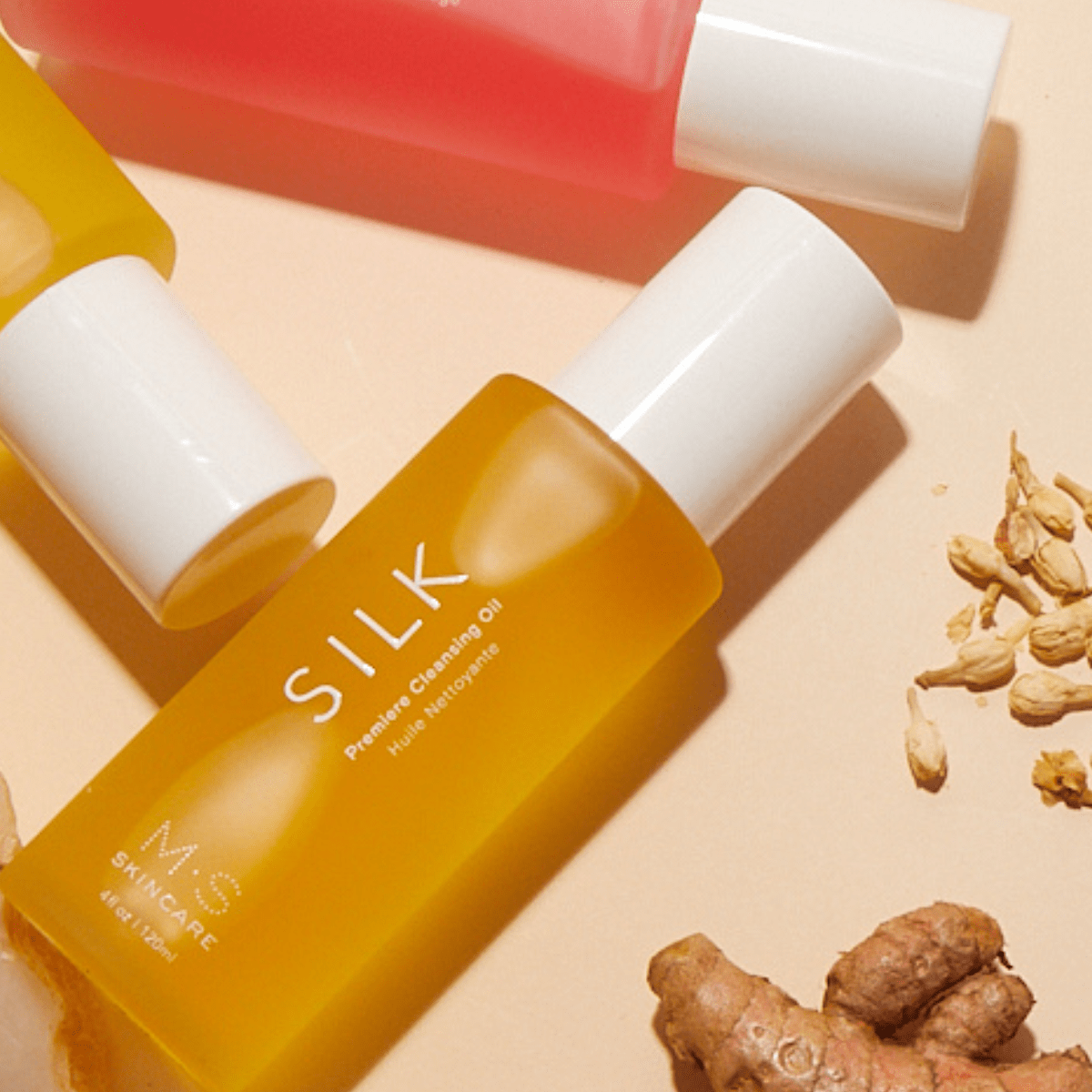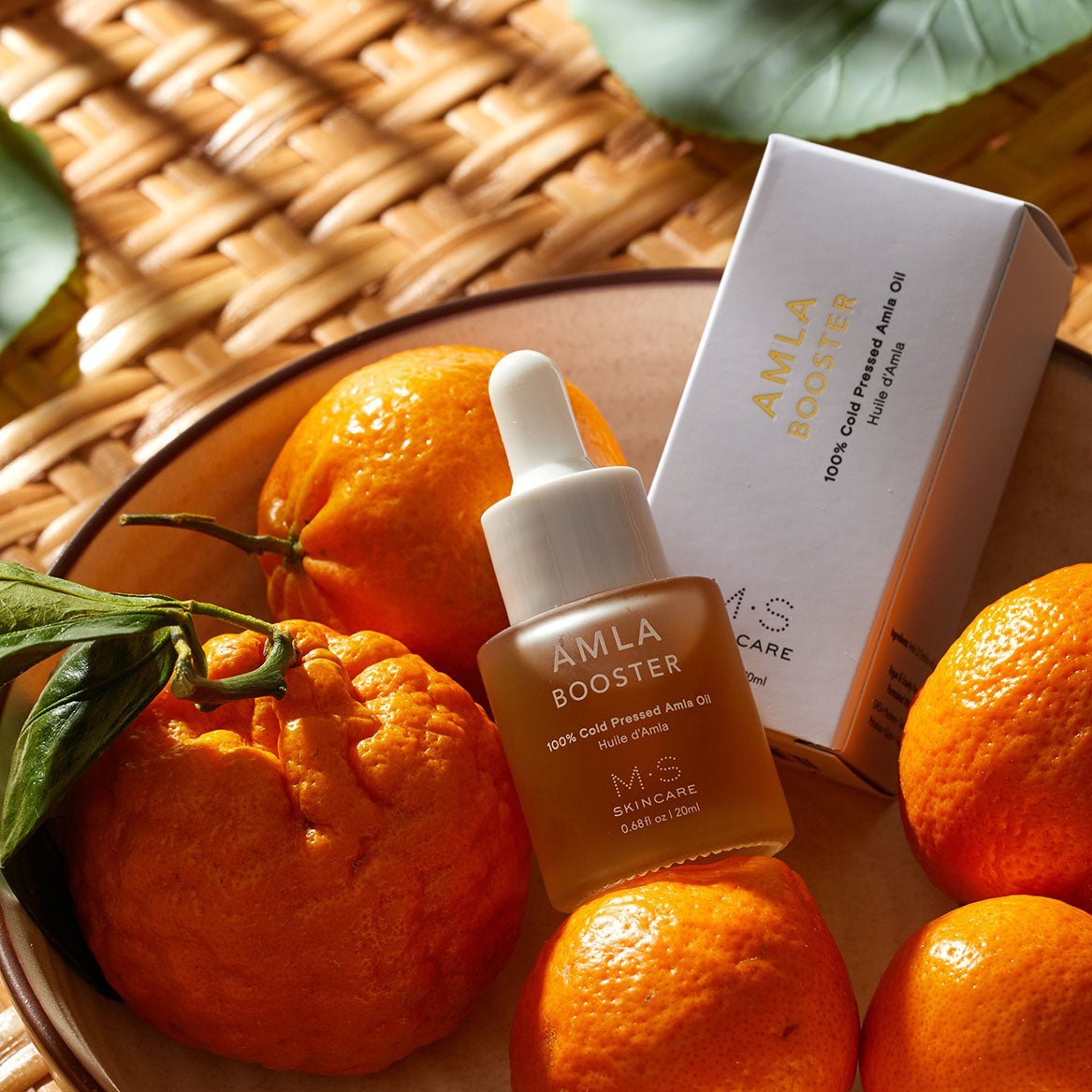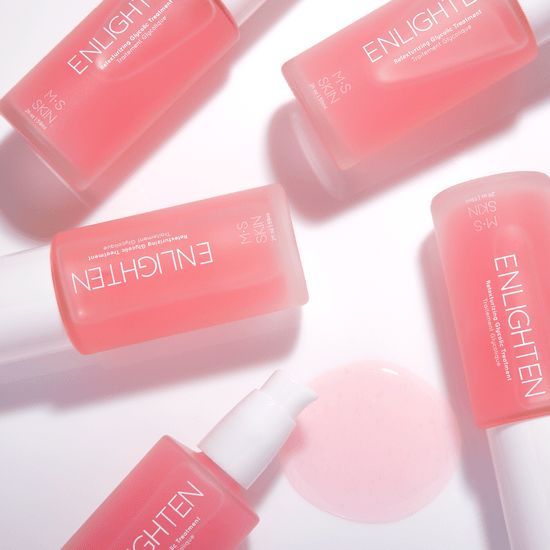
Ask The Esthetician, Part 2
 What is the difference between scrub exfoliators and acid exfoliators?
What is the difference between scrub exfoliators and acid exfoliators?
 I love this question! I think exfoliating is such an integral part of your skincare routine. If you’re not using a product to buff away dead skin cells, sebum and other pollutants, they will most likely linger on your skin and cause clogged pores. Exfoliating with a gritty textured scrub is called mechanical exfoliation. It uses coarse grains to physically buff away dead skin cells at the surface of your skin. Your skin feels much softer after use, and it’s a great way to get rid of flaky, dry skin build-up. Just be careful, you want to make sure you’re being gentle and not irritating your skin. Very gentle, circular buffing motions are very effective.
I love this question! I think exfoliating is such an integral part of your skincare routine. If you’re not using a product to buff away dead skin cells, sebum and other pollutants, they will most likely linger on your skin and cause clogged pores. Exfoliating with a gritty textured scrub is called mechanical exfoliation. It uses coarse grains to physically buff away dead skin cells at the surface of your skin. Your skin feels much softer after use, and it’s a great way to get rid of flaky, dry skin build-up. Just be careful, you want to make sure you’re being gentle and not irritating your skin. Very gentle, circular buffing motions are very effective.
Chemical exfoliation uses acids to exfoliate the skin, and these are typically present in masks. Acids exfoliate at a chemical level. The molecules are small enough to penetrate the surface of the skin to help “unglue” the bonds that hold together dead skin cells at the outermost layer of the skin. If your skin ever feels rough, bumpy, dry or congested, acids will be your skin’s saving grace. In addition to eliminating these skin ailments, they will work to prevent any problems in the future. Your typical acid exfoliators will differ from the peels you get at the spa. They’re more gentle and user-friendly. With consistent use of acids, your complexion will look more even, bright and smooth over time.


I'm trying to adjust my skincare routine for summer. It tends to get oily on hot days, and I am scared if I use a moisturizer, my makeup will just melt off. Any advice?
Summertime is difficult because increased sun exposure can cause dryness, but hot weather can also make you feel sticky. My fellow New Yorkers know the feeling of entering the roasting subway in mid-July. We love the summer weather, but it nonetheless does make finding the perfect skincare ritual challenging. I know its hard, but no matter how hot and humid it gets, don’t skip out on moisturizing! Hydration is crucial for so many different reasons, but most importantly it prevents premature signs of aging and helps heal skin from sun damage. One of the worst things you can do for your skin is deprive it of hydration, even if you have oily skin.
I usually use a pearl-sized amount of Illume moisturizer in the morning. It soaks right into my skin and does not leave greasy residue behind. If I find I need a bit more hydration during the day, Sofia rosewater mist is my go-to. Rose is such a hydrating ingredient, plus the fine mist feels refreshing and soothing on a hot day.
Will acids cause sun sensitivity?

How do I know what type of acid I should use to exfoliate my skin?
There are quite a few types of acids and they all function pretty similarly, but my personal favorites are glycolic acid and enzyme exfoliants. Glycolic acid is derived from sugar cane and has botanical properties that further enhance its effectiveness. It is also one of the most well-researched skincare ingredients and has proven its effectiveness time and time again. The molecules in glycolic acid are smaller than any other acids, so they are able to penetrate deeper into the skin and work more effectively at exfoliating and regenerating the skin.
Enzyme exfoliants, on the other hand, are derived from plants or fruits and are equally as effective at breaking apart those dead skin cell bonds and sloughing away dead skin. They are slightly more mild than traditional acids, but they are still efficient at toning and brightening the skin. I formulated Jaipur to contain both glycolic acid and fruit enzymes for a dynamic cocktail of chemical exfoliants that work together to exfoliate, brighten, and tone in a gentle yet effective way.
Make sure to leave us a comment below or send us an email at info@msskincare.co if you want to be featured in our next Ask the Esthetician Series!

